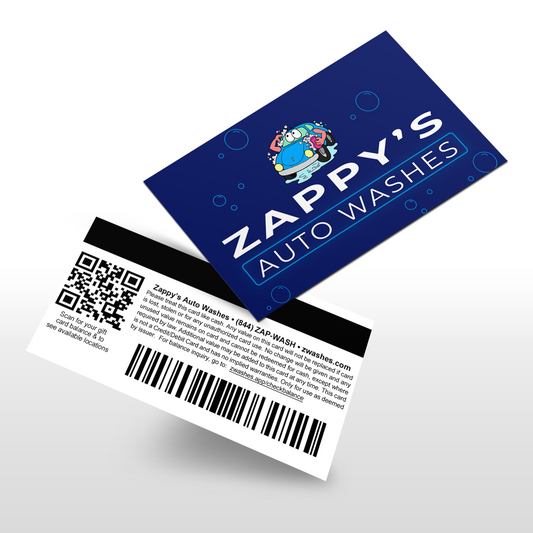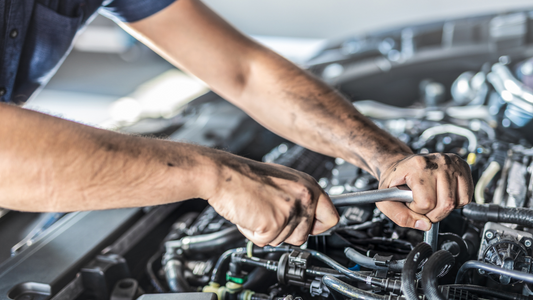Introduction
It's easy to think of the engine in your car as a black box. You put gas in, you turn the key and it starts. But there's more to it than that. The engine requires regular maintenance to keep running smoothly, not just for safety reasons but also for increased efficiency. And one of these tasks is changing your vehicle's oil.
The Importance
Oil is an essential part of your car's engine. It acts as a lubricant, preventing the parts from overheating; it also prevents rust and corrosion by keeping them clean. The oil helps to reduce friction between moving parts in your engine, which reduces wear.
Oil can also be used to cool down an overheated engine due to clogged radiator fins or poor ventilation (e.g., if you’re driving with the windows rolled up on a hot day). Even if there isn't any visible smoke coming out of your tailpipe or hood vents anymore—and even if your engine still runs okay—that doesn't mean everything's okay!
What is the purpose of oil in an engine?
The purpose of oil in an engine is to serve as a lubricant. As you drive, the components of your engine can rub together and cause wear and tear. Oil helps prevent this by acting as a barrier between moving parts so that they don't grind each other down over time. It also serves to cool down your engine because it absorbs heat when it's warm, then releases that heat when it cools back down again. The detergents in oil keep dirt from sticking to parts inside the engine and protect them from corrosion by dissolving the contaminants before they can damage delicate moving parts like bearings or valves.
Engine Longevity
The time to schedule an oil change is when the vehicle owner has driven about 5,000 miles. This ensures that the engine gets a fresh supply of clean oil, which will help it last longer and run more smoothly. The frequency of this service can be determined by looking at the vehicle's owner's manual or asking an auto technician for advice.
The conventional oil filter should be replaced every time you change your engine's oil, but not all filters are created equal. Some filters can trap contaminants more effectively than others and some have better filtration media inside them (such as "Teflon"). If you're unsure what kind of filter is appropriate for your vehicle, ask an auto technician to help identify one that fits your needs best.
Synthetic oils typically last longer than conventional ones because they resist breakdown by heat and oxidation better than traditional mineral-based oils do; this means less friction between moving parts which translates into smoother operation overall - especially under high temperatures!
Good engine oil prevents overheating.
Your engine's oil is a vital component to your car. It makes sure that everything stays cool and safe, which means it's important to keep the oil changed regularly.
Oil is the lubricant that keeps your engine running smoothly and prevents overheating. When you run low on oil (or if there's something wrong with it), moving parts can grind against each other so badly that they will break over time, causing serious damage to your vehicle.
It's vital to change your oil as frequently as recommended by your vehicle's manufacturer.
Changing your oil is an important part of vehicle maintenance. It helps remove contaminants from the engine, keeps it lubricated and cool, and extends its life.
Oil gets dirty as it travels through your engine; this is what causes oil changes to be so important. The old oil gets thickened with particles of dirt, metal shavings and other contaminants that can damage your vehicle's engine if not removed regularly through a routine change at your local garage or dealership service center.
The best way to keep your car running smoothly is by changing its motor oil regularly according to manufacturer recommendations (this can vary based on vehicle type). Most cars need their oil changed every 3-5 thousand miles (5-8 kilometers), but some cars may require more frequent changes than others depending on how much time you spend driving each week or month.
Conclusion
From the above information, it's clear that oil is a vital component of your car's engine. It plays an important role in protecting your engine and preventing damage from overheating or other problems. Changing your oil regularly is one way to ensure that your vehicle lasts as long as possible before needing replacement parts, so don't forget about this important maintenance step!









